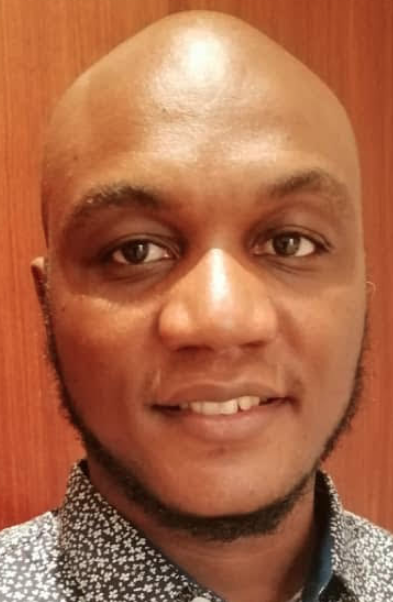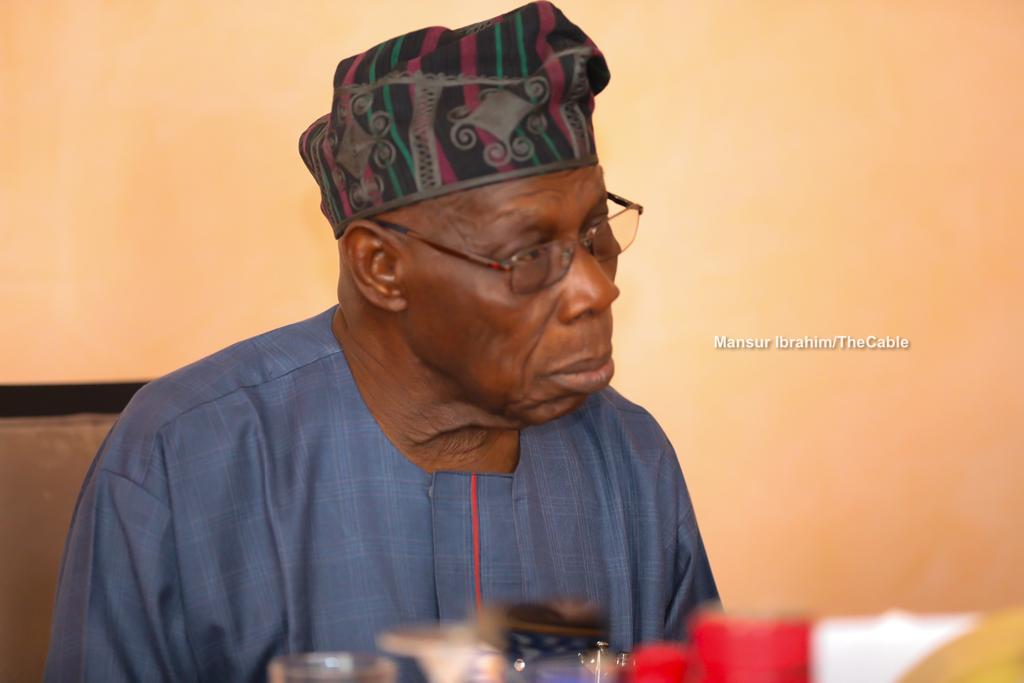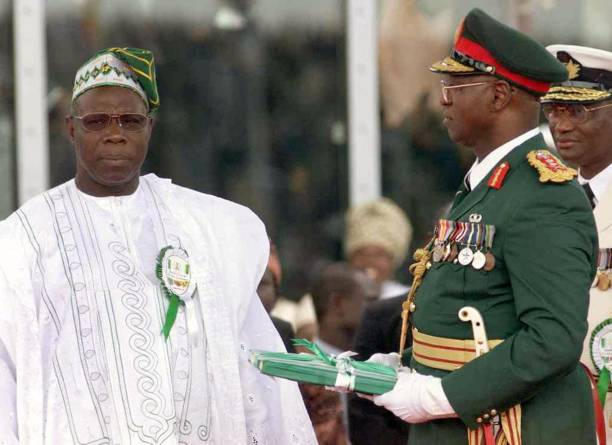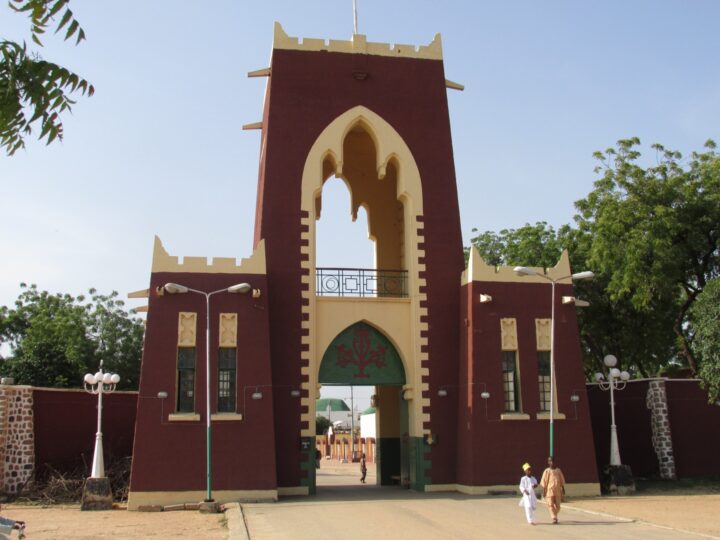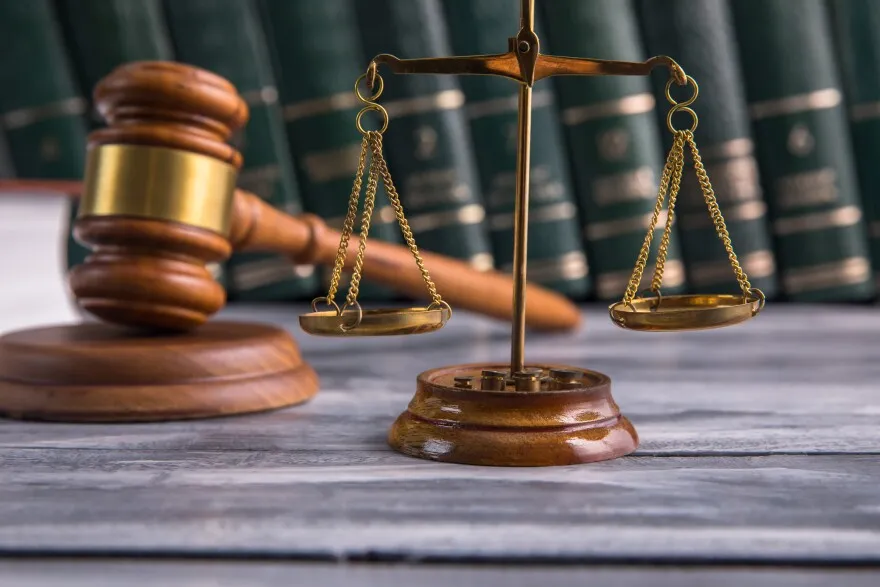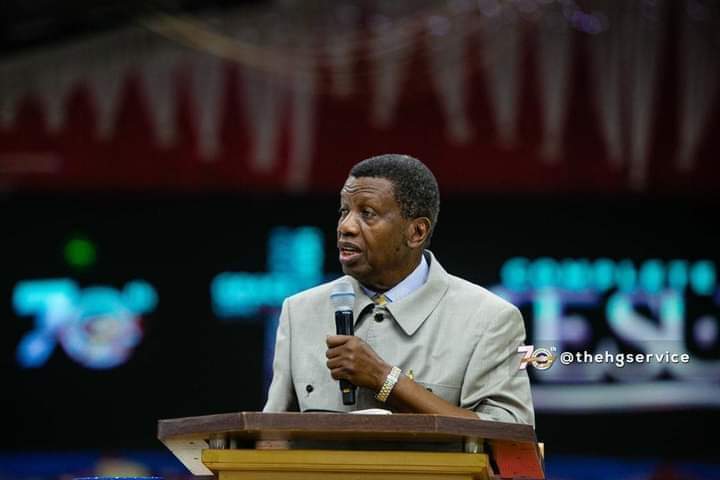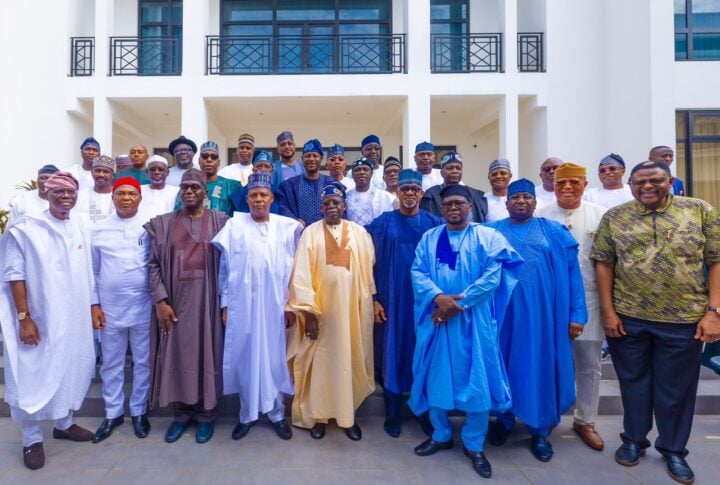For a few weeks, former President Olusegun Obasanjo has found a new love. He has been campaigning for an Africa-based democracy, traversing the continent and delivering speeches on the need for a governance model tailored to the African context.
On Wednesday, he resumed his new campaign in an event in Abuja, Nigeria’s capital city. He said the answer to the myriad of challenges confronting democracy in Africa is in re-examining the model of democracy passed on to countries in the continent by their colonial masters. According to Obasanjo, the Western-style democracy that was adopted by most African nations post-independence has failed to adequately address the unique socio-cultural and economic realities of the continent.
He said leaders across the continent must come together to devise a form of contextual democracy that takes into account past experiences, addresses contemporary challenges and emphasises good leadership, strong institutions, and a stable middle class, all reflecting Africa’s rich cultural heritage. Obasanjo argued that the one-size-fits-all approach to democracy, which was largely modelled after the Western liberal tradition, has proven inadequate in addressing the peculiar challenges faced by African societies.
The former president, who expressed concern about the growing discontent for democracy in the continent, opined that the model that will work for Africa is one that takes into account the typical and predominant political system, and is “suitably and appropriately placed to serve the objectives of the African people”.
Advertisement
So, I want to ask the former president, what kind of democracy is an African-centric democracy? Is it the practice of having strong men and weak institutions, as has been the case in many African nations? Or is it a model that truly empowers the people and fosters accountability, transparency, and good governance?
Let’s even break down some of the former president’s definitions of African democracy. He said we need the type of democracy that serves the people. Let’s come down to Nigeria. Which Nigerian politician since 1999 has truly done things for the interest of the people, including Obasanjo himself?
After the military left in 1999, the former president had a golden opportunity to set Nigeria on a glorious path. He set up laudable agencies like the Economic and Financial Crimes Commission (EFCC), but unfortunately, he used the commission to hound his political opponents. He lost the opportunity to put us on the path of El Dorado, as most of his decisions were purely selfish.
Advertisement
I make bold to say that less than five percent of Nigerian politicians do anything for altruistic reasons. They are primarily driven by self-interest, and the notion of serving the people is often a mere rhetoric used to garner votes.
What is the Afro-centric democracy he is talking about? Is it about sit-tight leaders in Africa who have refused to leave power, some until death do them part? Are we talking about African leaders like Teodoro Obiang Nguema Mbasogo (43-year rule) of Equatorial Guinea, Paul Biya (40-year rule) of Cameroon, Denis Sassou Nguesso (38-year rule) of the Republic of the Congo, Yoweri Museveni (36-year rule) of Uganda, or Isaias Afwerki (29-year rule) of Eritrea? Are these examples of Afro-centered democracy?
The truth is, if not for the two-term constitutional limit, no African leader wants to stay just eight years in office. The lure and perks of office make most of them want to be life presidents. Eight years is not enough for them.
So far, we don’t have good examples of the Afro-democracy that Obasanjo seems passionate about in the last few weeks.
Advertisement
However, I do agree with Obasanjo that we should not export the Western style of democracy hook, line, and sinker. Our cultures are different, and that should play a role in the style of governance.
He also spoke on the resurgence of military coups in Africa, which is also true. But the military is no better. The countries being ruled by the military in Africa are not faring better than the ones ruled by civilians.
At the end of the day, what Africans want is simple – the government should provide the basic necessities of security, a good economy, health, education, and infrastructure. They want to be allowed to decide and choose who they want to govern them at all levels.
They want African leaders to respect constitutional term limits. They want them to respect the rule of law and leave strong institutions, not strong leaders.
Advertisement
Obasanjo’s call for an African-based democracy is a valid one, but it must be backed by concrete proposals and a clear roadmap. It cannot be another rhetoric that pays lip service to the ideals of good governance while perpetuating the same old practices of nepotism, corruption, and disregard for the rule of law.
If Obasanjo and other African leaders are indeed serious about establishing a truly African-centric democracy, they must be willing to confront the hard truths and make the tough decisions.
Advertisement
They must prioritise the interests of the people over personal or political gains. They must foster an environment that promotes transparency, accountability, and the protection of fundamental human rights. Only then can the dream of an African-based democracy that truly serves the people be realised.
Advertisement
Views expressed by contributors are strictly personal and not of TheCable.
Add a comment
